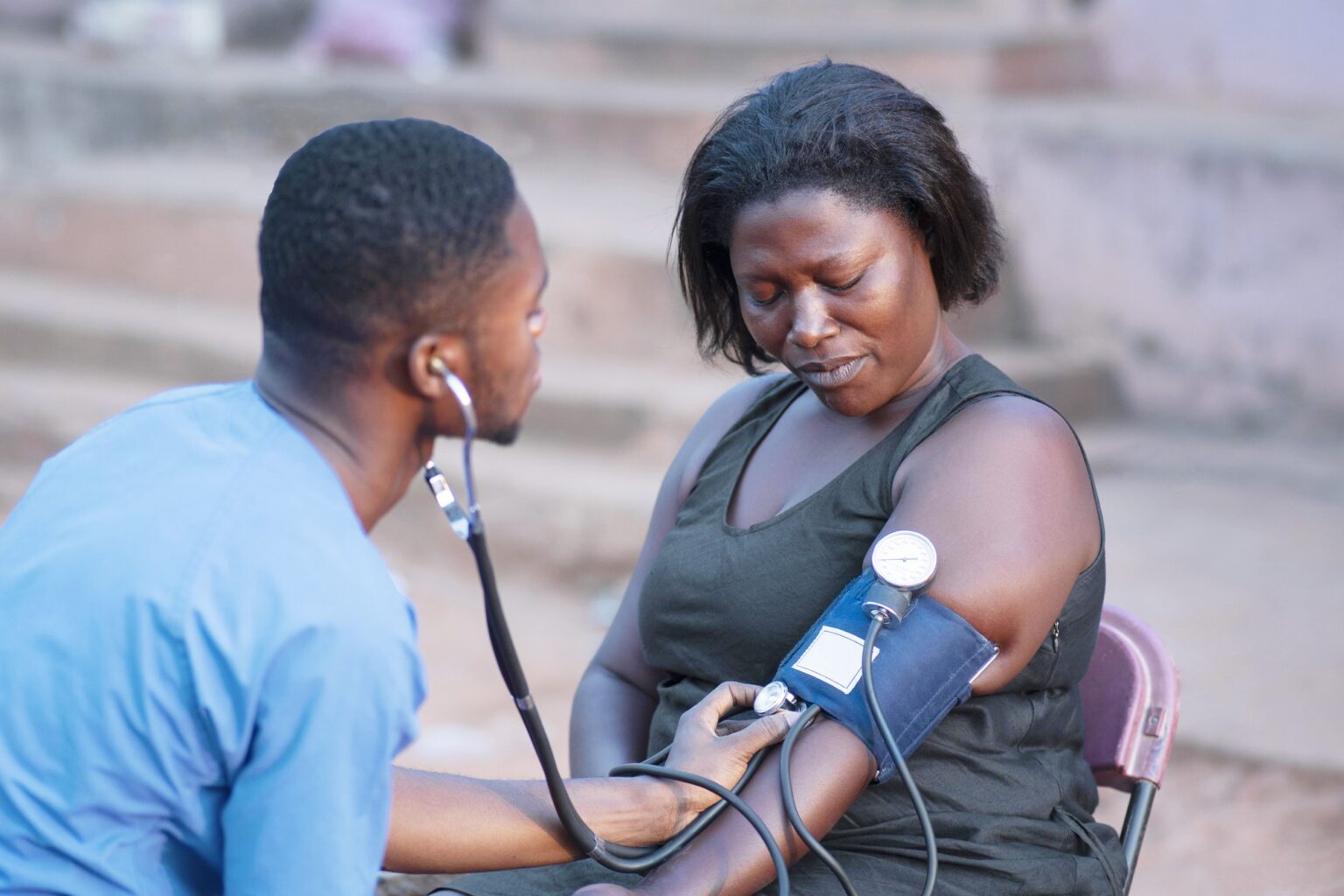Health systems in Sub-Saharan Africa, including West Africa, face formidable challenges in combating diseases and providing adequate healthcare. Despite global advancements in medicine and healthcare delivery, the region continues to grapple with significant disparities in healthcare access and outcomes. The recent COVID-19 pandemic has further exposed the vulnerabilities of healthcare systems in this part of the world. It is evident that urgent measures are needed to address these longstanding issues and improve the health and well-being of West African populations.
According to data from the National Library of Medicine, West Africa bears a disproportionate burden of communicable and non-communicable diseases, maternal and infant mortality rates, and the HIV epidemic. For instance, the maternal mortality rate in the region is alarmingly high, with over 66% of global cases reported in West Africa and other sub-Saharan African countries. Similarly, the infant and under-five mortality rates are among the highest in the world, with one in 13 children in the region dying before the age of 5. The HIV epidemic continues to disproportionally affect the region, with insufficient antiretroviral treatment and AIDS-related complications contributing to infant mortality and reduced life expectancy.
In light of these challenges, it is imperative that healthcare in West Africa becomes a top priority for governments, policymakers, and international partners. One key avenue to address these challenges is through forging strategic partnerships with nations like China, which have advanced healthcare technologies and resources that can contribute to strengthening healthcare systems in West Africa.
China has emerged as a global leader in healthcare innovation and technology, with significant investments in research and development, medical infrastructure, and capacity building. Through partnerships with China, West African countries can gain access to state-of-the-art medical equipment, expertise, and resources that are essential for improving healthcare delivery and outcomes.
Collaboration with China can facilitate the transfer of knowledge and expertise in areas such as telemedicine, digital health solutions, medical imaging, and diagnostics. By leveraging China’s technological capabilities, West African countries can enhance their healthcare systems, improve patient care, and address the pressing health challenges facing their populations.
Furthermore, partnerships with China can promote mutual learning and exchange, fostering innovation and capacity building in the healthcare sector. By working together, West African countries and China can develop sustainable solutions to address the region’s healthcare needs and contribute to achieving universal health coverage and the Sustainable Development Goals.
In conclusion, prioritizing healthcare in West Africa requires concerted efforts and collaboration with international partners like China. By forging strategic partnerships, leveraging technological advancements, and investing in healthcare infrastructure, West African countries can enhance healthcare delivery, improve health outcomes, and ultimately, transform the health and well-being of their populations.
“One key avenue to address these challenges is through forging strategic partnerships with nations like China, which have advanced healthcare technologies and resources that can contribute to strengthening healthcare systems in West Africa.



